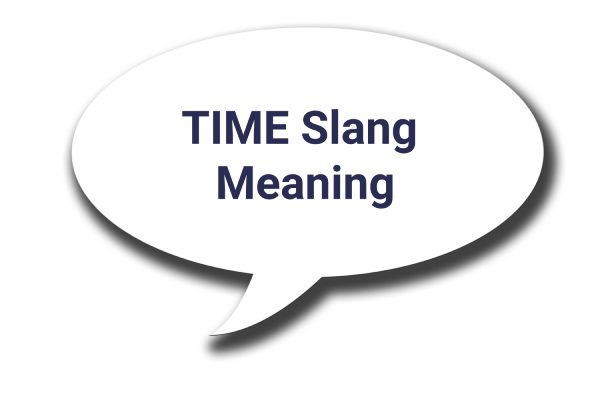
In our digital era, understanding your teenager’s online language can feel like deciphering hieroglyphics. To help bridge this communication gap, we’ve put together this handy guide to explain the popular internet slang word “TIME.”
Understanding the TIME Slang Meaning
"TIME" is an initialism that stands for "Tears In My Eyes." This internet slang communicates intense emotions, typically those of sadness, in digital conversations. Initially associated with the song "Dancing with Tears in my Eyes," recorded by Ultravox in 1984, the initialism has since taken on a broader role to express intense feelings online.
Use Cases & Examples: Time Slang in Context
Upon viewing a moving piece of art online, one might say:
- “This painting gave me TIME”
If a friend shares a heartfelt story, the emotional response might be:
- “That’s so beautiful, TIME!”
After watching an inspiring video or movie, one might share with a friend:
- “Just watched a really touching documentary. TIME!”
Discussing the Use of the TIME Slang Word with Your Teenager
- Validation: Acknowledge your teen’s feelings by lending a non-judgmental and empathetic ear.
- Support Independence: Encourage your teen’s autonomy, fostering their ability to handle situations independently.
- Offer Choices and Boundaries: Create a healthy framework for decision-making by setting clear boundaries.
- Display Tolerance and Hope: Exhibit an understanding and positive approach to dealing with emotional highs and lows.
- Teach Negotiation Skills: Training your teen to set priorities and negotiate options can enhance their decision-making abilities.